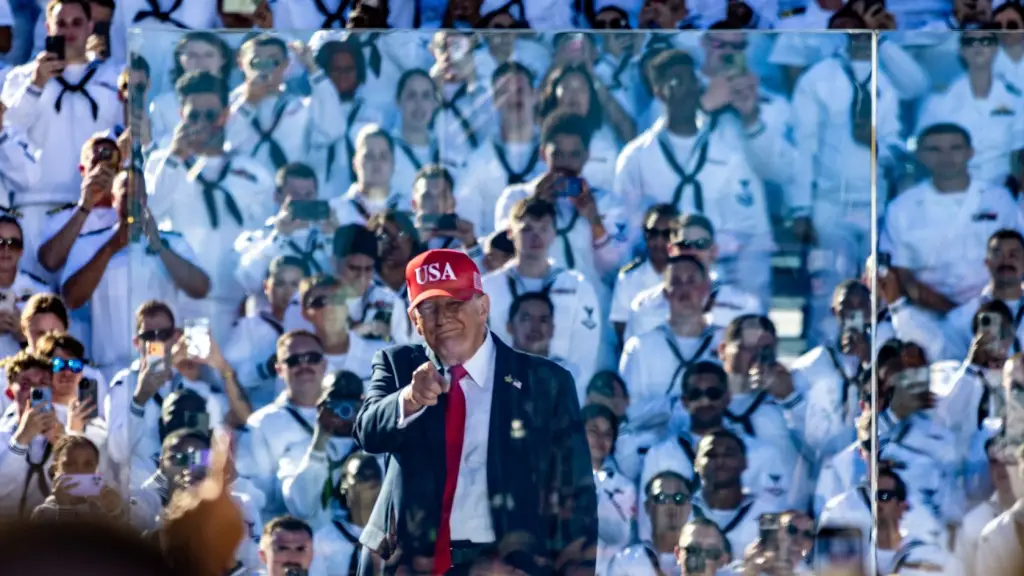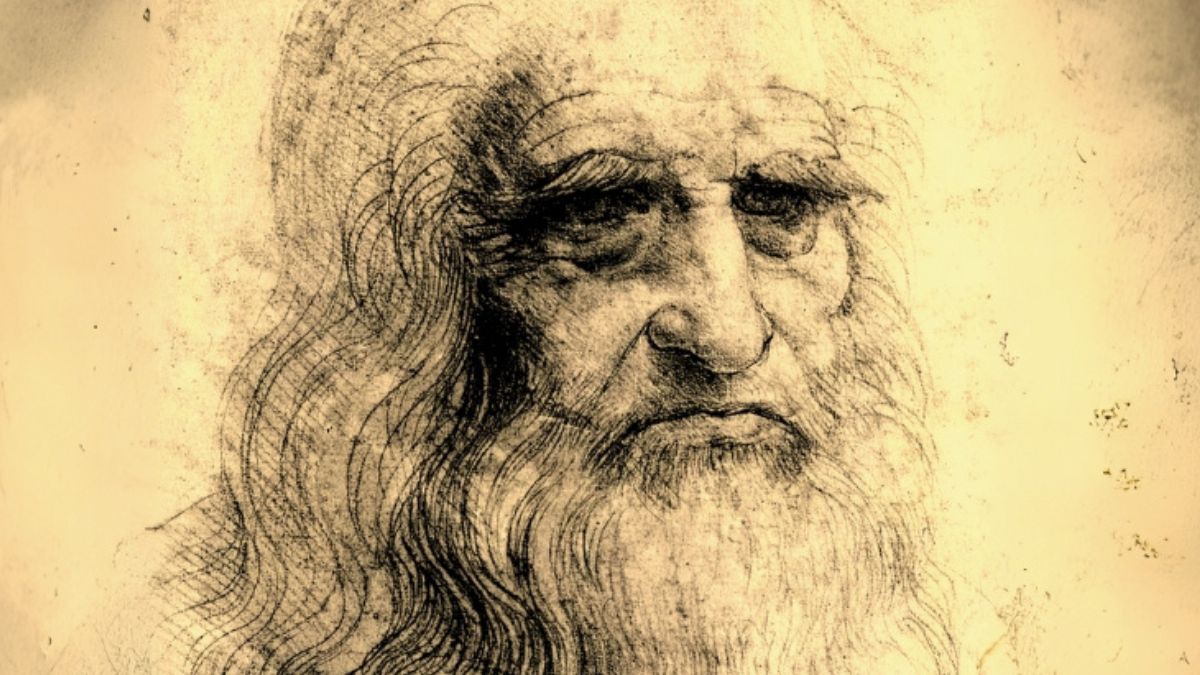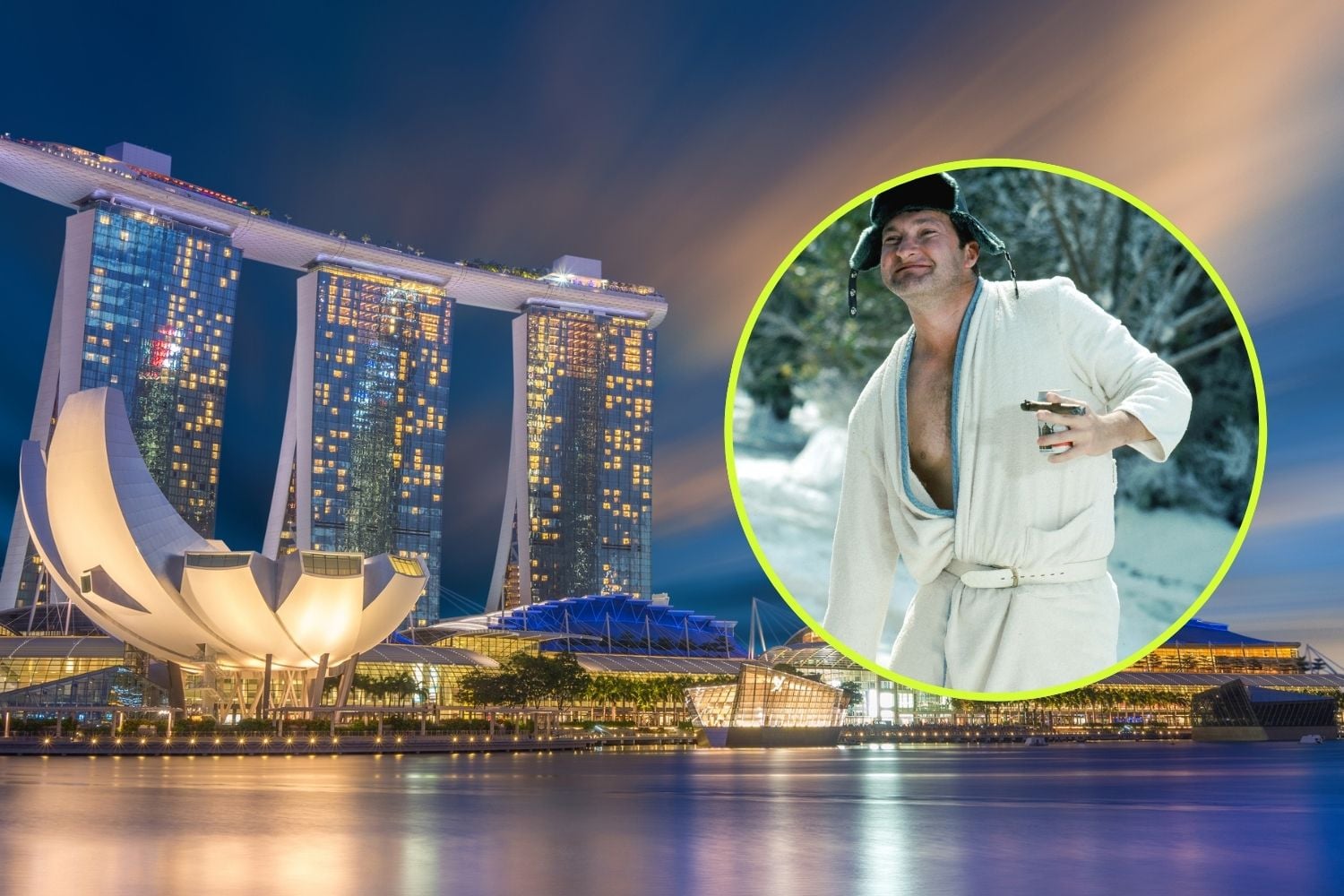
In recent weeks, former U.S. President Donald Trump has made headlines with his addresses to the military, where he and his ally, Peter Hegseth, labeled as the “Secretary of War,” have urged generals not aligned with their vision to resign. This call for loyalty comes amid a broader partisan reshuffling within the Pentagon and the deployment of troops against political adversaries, accompanied by promises of further actions. These moves are part of a larger strategy to position loyalists at the helm of America’s security institutions.
Trump’s rhetoric has also included dubious claims, such as asserting that his 2000 book, the title of which he could not recall, predicted Osama Bin Laden’s threat prior to 9/11. Despite his history of avoiding military service, Trump has frequently opined on how wars should be conducted. A particularly striking comment from Trump was his critique of the Vietnam War, where he suggested, “The problem with Vietnam, we, you know, we stopped fighting to win. We would’ve won easy. We would’ve won Afghanistan easy. We would’ve won every war easy. But we got politically correct. ‘Oh, let’s take it easy.’ We’re not politically correct anymore, just so you understand.”
Trump’s 1980s Pop Culture Influence
Trump’s political style is heavily influenced by late 20th-century popular culture, drawing parallels to WWE, insult comics, and reality TV, rather than traditional authoritarianism. His penchant for kitsch is well-documented, exemplified by the appearance of Hulk Hogan at the 2024 Republican National Convention and the use of the 1980s McDonald’s mascot Moon Man in Homeland Security’s social media campaigns.
The quote about Vietnam reflects Trump’s affinity for mid-1980s pop culture, a period when he was building his brand. In 1983, Trump Towers opened, and he was becoming a fixture in tabloids and making cameo appearances in TV and movies. “It’s absolutely true — [the 1980s] was his golden time, no question,” said Andrew Stein, a long-time Trump supporter and former New York City Council president, in a 2024 interview with The New York Times.
Hollywood’s War Narratives and Trump’s Rhetoric
The 1980s saw a surge in American films about the Vietnam War, which can be divided into two categories. The first includes highbrow films like The Deer Hunter (1978), Apocalypse Now (1979), Platoon (1986), and Full Metal Jacket (1987), which explore the psychological scars of the war. The second category, emerging in the mid-1980s, focuses on the post-war rescue of American POWs, as seen in films like Uncommon Valor (1983), Missing in Action (1984, 1985), and Rambo: First Blood Part II (1985). These films share a common theme of soldiers being betrayed by bureaucrats and elites.
In Rambo: First Blood Part II, the titular character asks, “Do we get to win this time?” before being betrayed by a CIA operative, highlighting the narrative of American heroes being let down by their leaders. This sentiment echoes in Trump’s rhetoric, as he appointed actors like Sylvester Stallone, Jon Voight, and Mel Gibson as “Hollywood special envoys” in January 2025, just before his second inauguration.
The Sexualization of Military Might
Trump’s admiration for the military is not just rhetorical; it extends to a fascination with “perfect” masculinity. In 2019, on the day of his first impeachment, Trump praised F-35 pilots as “better-looking than Tom Cruise” during a Michigan rally. In 2025, he commented on a rally stage, “Look at the muscles of this guy. Would you look at this guy? Holy mackerel.”
In 1984, Lee Greenwood’s patriotic anthem “God Bless the USA” became a staple at Trump’s rallies and was included in a special “God Bless the USA” Bible edition. This version of the Bible features the American Constitution but omits amendments 11 through 27, excluding key changes like the abolition of slavery and presidential term limits. A Chinese-printed copy costs US$59.99 (A$90).
Historical Parallels and Implications
In 1985, the U.S. commemorated the 10th anniversary of its withdrawal from Saigon with a parade, an event described by veteran and writer Michael Clark as a moment of “wilful cultural amnesia.” Trump contributed US$1 million to the parade organizers, reinforcing his connection to this period of American history.
Two years prior, the U.S. had invaded Grenada, setting the stage for other short, “winnable” conflicts like Panama and the first Gulf War. The Trump administration’s strikes against Venezuelan “drug boats” echo these actions, serving as a reminder of America’s capacity to project power against perceived foreign threats.
As Trump continues to draw on 1980s Hollywood imagery and themes in his political messaging, the implications for American foreign policy and domestic politics remain significant. The nostalgia for a bygone era of perceived military strength and cultural dominance may resonate with some, but it also raises questions about the future direction of U.S. leadership on the global stage.







